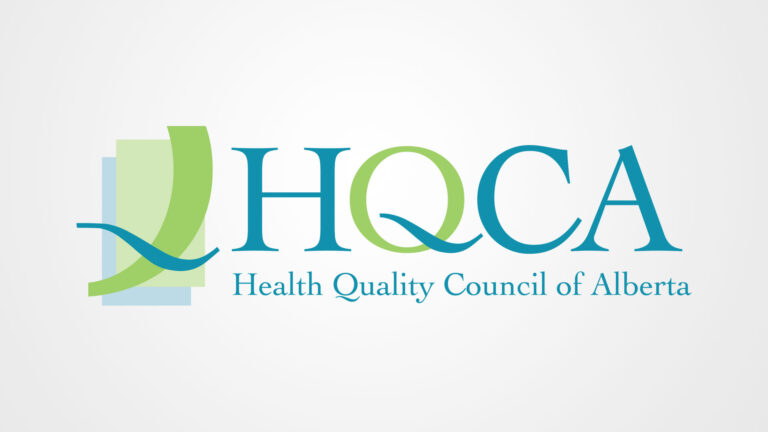
The word “professional” has many definitions. Here are two that would apply to pharmacy professionals:
- A person who does a job that needs special training and a high level of education.[1]
- One who is characterized by or conforming to the technical or ethical standards of a profession.[2]
Professionals, such as pharmacy technicians and pharmacists, are held to a higher standard than the rest of society. Individuals put their trust in the hands of pharmacy professionals to provide quality care. To retain the high level of trust and respect that is given to pharmacists and pharmacy technicians by patients, the public, and other health professionals, pharmacy professionals must be both competent and professional in all they do.
“What a professional does impacts us and our loved ones greatly,” said Pamela Timanson, ACP’s Competence Director. “We trust that they keep their knowledge and skills up to date, and practise to the best of their abilities so that when we access their care, we have confidence that they’re going to do what’s best for us. When we go to a professional for help, we need to trust that the work they do will ensure we are successful.”
Outside of what is written in ACP’s Code of Ethics, much of what it means to be a pharmacy professional has been assumed. That is, until ACP created its professionalism framework from conversations with registrants and stakeholders and through a review of academic research. The framework provides a collective understanding of what professionalism is and what it means to be an engaged pharmacy professional through six tenets of professionalism:
- An engaged pharmacy professional is
- person-centred,
- a collaborator,
- a leader, and
- an active learner.
- An engaged pharmacy professional
- uses good judgement, and
- has a strong set of values.
The tenets of professionalism are explained through a new website, understandingprofessionalism.com, which shares real-life examples of each tenet in action. Pamela hopes pharmacy professionals will contribute their stories of professionalism so that their colleagues and Albertans can learn from their experiences.
“We hope pharmacy professionals who read the stories are inspired and will gain ideas and create connections with other pharmacy professionals,” said Pamela. “I hope the website takes on a life of its own. The stories have to come from pharmacy professionals, just like the framework came from them.”
Pamela began work to develop the framework in 2017, starting with thorough research including an environmental scan, literature review, and consultations with other professions in Alberta and across Canada.
“I wanted to understand the perspectives being shared about professionalism and pharmacy professionals in the literature and by experts and professionals,” said Pamela. “From this research, it was very clear that everyone could speak to what is not professional but there was a lot of variance in the definitions of professionalism and representations of pharmacy professionals. This indicated a need to describe professionalism within the context of pharmacy practice in Alberta. What does it mean to be a pharmacy professional? What does professionalism mean to those professionals? That really cemented our research question and we went forward with it.”
Pamela then engaged with Alberta’s pharmacy professionals through regional meetings (now ACP Connect). She presented video clips from popular culture showing public perceptions of pharmacy professionals. She challenged those in the room to think about how these public perceptions affect their work and how they overcome these perceptions. Using an online poll, she also asked participants to describe, in one word, what professionalism meant to them. The feedback collected from pharmacy professionals contributed to the development of the framework—a collective definition of professionalism and what it means to be a pharmacy professional.
From all the research data collected, Pamela was able to narrow the concept of professionalism in pharmacy practice to six tenets:
The tenets of professionalism are not meant to be a checklist. Rather, pharmacy professionals emulate these tenets every day through their decisions and actions.
“It’s more than just keeping up their knowledge and skills,” said Pamela. “It is demonstrated in their behaviours, attitudes, and actions. This is who they are—it is inside of them. They emulate this. This is their passion for being a pharmacy professional. This is what drives and motivates them. They feel the ownership of their profession. They want to work collaboratively with other health professionals to provide the best care for their patients. They are fully engaged with what they are doing within the profession.”
And in the end, it will be Albertans who benefit through an increased level of care, arising from behaviours by pharmacists and pharmacy technicians who demonstrate what it means to be a professional.
“Albertans will feel the passion from them and feel valued,” she said. “They will be confident that their pharmacy team is taking good care of them and doing what’s in their best interest. They will respect the professionals they encounter, trust in what they do, and feel good about every interaction.”
[1] https://www.oxfordlearnersdictionaries.com/definition/american_english/professional_2. Retrieved December 8, 2020.
[2] https://www.merriam-webster.com/dictionary/professional. Retrieved December 8, 2020.




